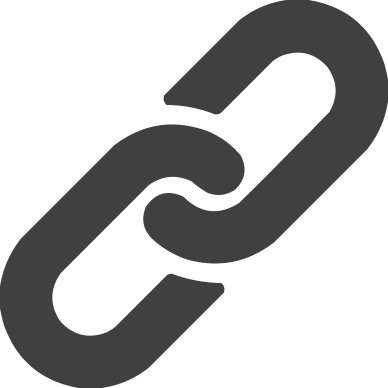

Salesforce CRM Analytics Use Cases
Salesforce CRM Analytics (formerly Tableau CRM) is an AI-powered analytics tool that helps businesses gain insights from their Salesforce data. This tool enables companies to visualize key performance metrics, uncover trends, and make data-driven decisions. By combining AI-driven predictions and visual analytics, CRM Analytics offers transformative use cases across various industries. Here are some key use cases where CRM Analytics can provide value to businesses.
1.Sales Forecasting and Performance Tracking
CRM Analytics enables sales teams to forecast revenue accurately by analyzing historical sales data, pipeline trends, and team performance. By leveraging AI-powered insights, businesses can predict future outcomes, identify bottlenecks, and allocate resources effectively.
Example:
A SaaS company uses CRM Analytics to track the performance of its sales reps and forecast revenue for the upcoming quarter. By analyzing historical data and current pipeline trends, the company can identify potential deals that need attention and adjust its strategies accordingly.
2. Customer Churn Prediction
With CRM Analytics, businesses can predict which customers are likely to churn based on behavior patterns, engagement metrics, and support history. This allows companies to take proactive measures to retain valuable customers by offering personalized outreach and services.
Example:
A subscription-based service provider uses CRM Analytics to identify customers at high risk of canceling their subscriptions. Based on the insights, the provider sends targeted offers and personalized support to these customers to reduce churn rates.
3. Marketing Campaign Performance Analysis
CRM Analytics allows marketing teams to track the effectiveness of their campaigns in real time, helping them understand which strategies are driving conversions and which are underperforming. This enables businesses to optimize their marketing spend and improve overall ROI.
Example:
A retail company uses CRM Analytics to analyze its recent email marketing campaign. By tracking open rates, click-through rates, and conversions, the company can determine which segments of its audience are most engaged and adjust its future campaigns for better results.
4. Lead Scoring and Prioritization
Salesforce CRM Analytics can automate the process of lead scoring by analyzing various factors such as engagement, demographics, and historical data. This helps sales teams prioritize high-quality leads and focus their efforts on those most likely to convert.
Example:
A B2B company leverages CRM Analytics to score leads based on their interactions with the company’s website, email engagement, and past purchasing behavior. Sales teams can then prioritize outreach to the most promising leads, increasing the likelihood of conversion.
5. Customer Service Optimization
CRM Analytics can help customer service teams analyze case data, track customer satisfaction, and identify recurring issues. By doing so, businesses can improve their support processes, enhance customer satisfaction, and reduce resolution times.
Example:
A telecommunications company uses CRM Analytics to analyze customer support case data. The insights reveal that certain types of issues take longer to resolve, prompting the company to invest in additional training and resources for its support team, resulting in faster resolutions and improved customer satisfaction.
6.Cross-Selling and Upselling Opportunities
By analyzing customer purchase history and engagement patterns, CRM Analytics can identify opportunities for cross-selling and upselling. This allows businesses to target customers with relevant product recommendations and drive additional revenue.
Example:
A financial services company uses CRM Analytics to identify customers who have purchased specific products, such as savings accounts or credit cards. Based on this data, the company offers personalized recommendations for related services, such as investment accounts or loans, driving additional sales.
7. Territory Management
CRM Analytics enables businesses to optimize their sales territories by analyzing geographic data, customer distribution, and rep performance. This helps businesses ensure that their sales resources are being utilized efficiently and effectively.
Example:
A global manufacturing company uses CRM Analytics to analyze sales performance across different regions. By identifying areas where sales reps are overburdened or underperforming, the company can adjust its territory assignments to balance workloads and improve overall sales coverage.
Conclusion
Salesforce CRM Analytics offers businesses a powerful way to gain insights from their data and make informed, data-driven decisions. Whether it's predicting customer churn, optimizing sales strategies, or improving marketing campaigns, CRM Analytics can transform the way companies operate. At Winfomi ,we help businesses implement and maximize the benefits of CRM Analytics to ensure that they are getting the most out of their Salesforce data. Contact us today to learn how CRM Analytics can drive success for your organization.




